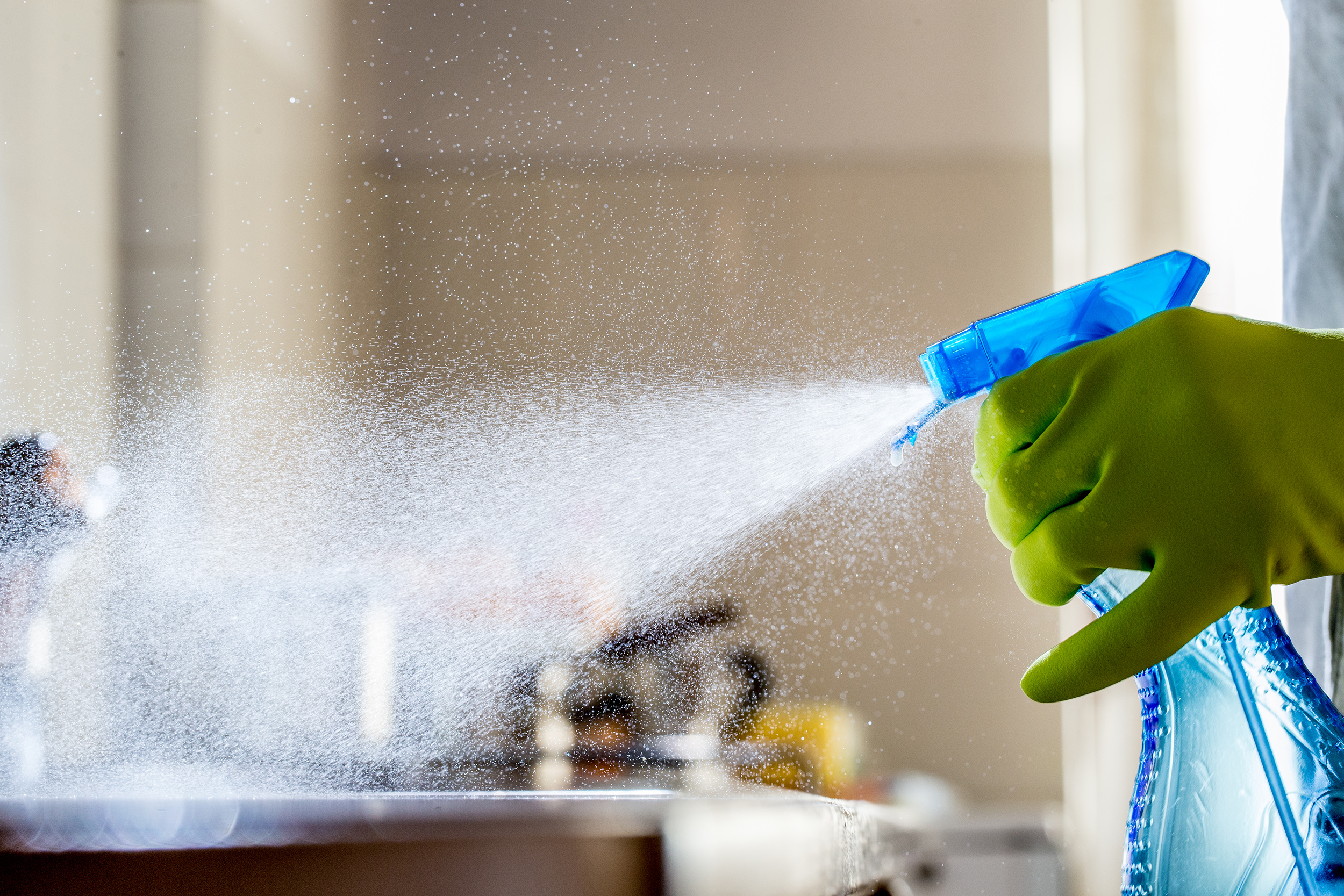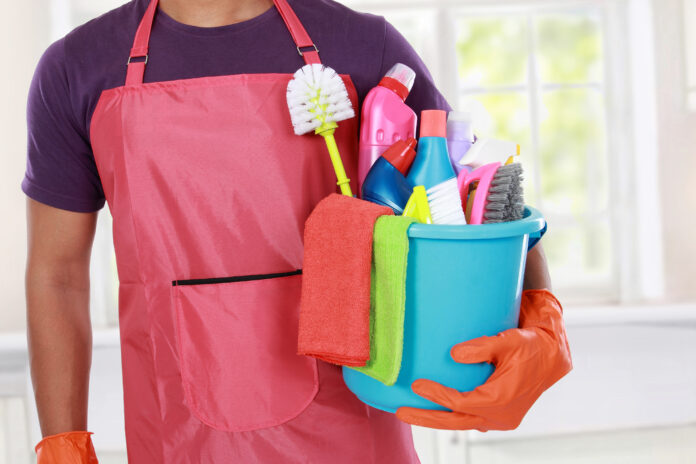Hiring help or domestic staff is a common in Indonesia. They help with various chores and work like cleaning and cooking. Without their help, you might be overwhelmed with your household chores. Unfortunately, during this pandemic, they are weak targets and may experience some difficulty. You will need to be understanding and adapt to the changes that we are all experiencing during the pandemic.
What to do when your helper returns from their hometown:
- First you should urge the help to take a rapid test or swab test.
- If the rapid is negative, then the person should practice self-isolation for 14 days. This independent isolation needs to be carried out even though the rapid test from help states negative for COVID-19. Because according to the doctor, for seven days after the rapid test, the condition of the person undergoing the test is not necessarily safe from COVID-19. There is a chance they might be infected in the third day at home, even though they have tested negative before. The public must also understand that a negative rapid test does not mean it is safe. There is still a possibility that the help can still be infected.
- During the quarantine period, the employer must also pay attention to the condition of the help. If for example the help was infected on the third day, it will take 4 additional days for the symptoms to carry out. If the employer takes them directly from the help’s hometown, the employer’s job is to quarantine it and carry out a rapid test again.
- The doctor added that when the help arrived home, asked them to wash all their personal belongings thoroughly. Cleaning may help get rid of the germs, but if the person is already infected then it will be difficult to heal. Therefore, the help must get quarantined.
What to do if you want to hire a new help:
- Check the movement history of prospective workers
Most of the maids or nurses are already in the city with the red zone when applying for work, so there is no need to check their travel history again. However, there are also those who are still waiting in the village and have been relatively nowhere for the past 14 days. This second group is safer to recruit than the first.
- Check their body temperature and stamina
A simple but crucial indicator is body temperature. A body temperature that is too high (above 38 degrees Celsius) is one of the common symptoms of people with COVID-19, although it does not automatically mean for people with high body temperature to be infected with the corona. So to be safe, avoid recruiting workers who have high body temperatures.
- Perform a rapid test for the COVID-19 antigen
Ask workers to carry out a COVID-19 rapid test at the nearest laboratory or hospital. Choose the type of antigen test, which takes nasal mucus samples instead of blood. This is a practical way to find out if someone is reactive to the coronavirus or not. But keep in mind, this rapid test is not 100% accurate.
- Isolate workers for 14 days
Even if your worker doesn’t show any symptoms of illness, it’s a good idea to keep your distance (social distancing) from your new worker for at least 14 days. If necessary, keep the workload to a minimum and ask the person concerned to isolate themselves in his room for a few days. If during that time, they are in good health (without coughing symptoms, is clean, etc.), then it can be considered that they are sterile from the virus.
- Avoid workers who are too old
Statistics show that workers over 50 are more vulnerable to COVID-19 attacks than those who are younger. As people get older, the worker’s immune system also decreases. The ideal age for domestic workers in the midst of the COVID-19 pandemic is 18-45 years.
Here are some activities you can do to help manage your domestic help:
Consult a Health Professional

As you will need to keep up with health protocols even at home, make sure that your domestic staff are properly briefed on what they need to do. If not, there are professionals who mainly come from hospital backgrounds and are highly qualified. Employ these professionals to train your domestic help which can add assurance to the level of hygiene at your home. Not only do they have fantastic methodology, but they also pay attention to workflows and do not miss a detail.
Write a Standard Operating Procedure (SOP)

However, if you decide to develop SOP manuals on your own, that would be fine too. Just remember to write it in their native language, so they can all understand. This is one of the new best practices for keeping families, workers and homes safe. Some of the procedures should include safety measures for travelling to work and properly preparing for a work shift.
Provide Medical Supplies for Workers

Make the extra effort to keep your workers healthy by providing masks and gloves, opening windows, solving transportation challenges and offering paid sick leave, which can lower the risk for everyone in the home.
Offer Reassurance
Other than applying health protocols to your home, you can also offer reassurance in these times of uncertainty. Employers can gain reassurance by frequent and detailed reporting of the health protocols being practices. Employees, on the other hand, also needs reassurance as that they will want to know that they are performing to the new standards. Ongoing communication is key.
Be Empathic

Empathy is an important aspect when you are leading people and that includes your domestic staff. As at first, they may become overwhelmed and unsteady on their feet due to the initial reinforcement of health protocols. What you can do is to check in with staff on a regular basis; ask them if they are doing okay; check to see if they have what they need for their work; listen carefully to anxieties they might be experiencing outside of their work environment. It may not seem like an important aspect, but empathy is always important as households want to get some semblance of normalcy.
Communication and Trust

Communication and trust are essential aspects to pay attention if you have domestic help. This is because many employees don’t feel comfortable raising issues about health, safety and pay, so you should start the conversation. Keep your family safe by promising sick pay and encourage workers to stay home when they feel ill or have a fever or any respiratory symptoms. Other than that, reassure your employee that you won’t dock pay if you or someone in the home becomes ill and the worker needs to stay away.
Prepare Medical and Cleaning Supplies

Medical and cleaning supplies should be available at home, so that proper cleaning and handwashing can be done and the spread of germs can be kept in check in the home. Also, make sure to stock up on non-perishable food to reduce the number of trips anyone needs to make to the store.






